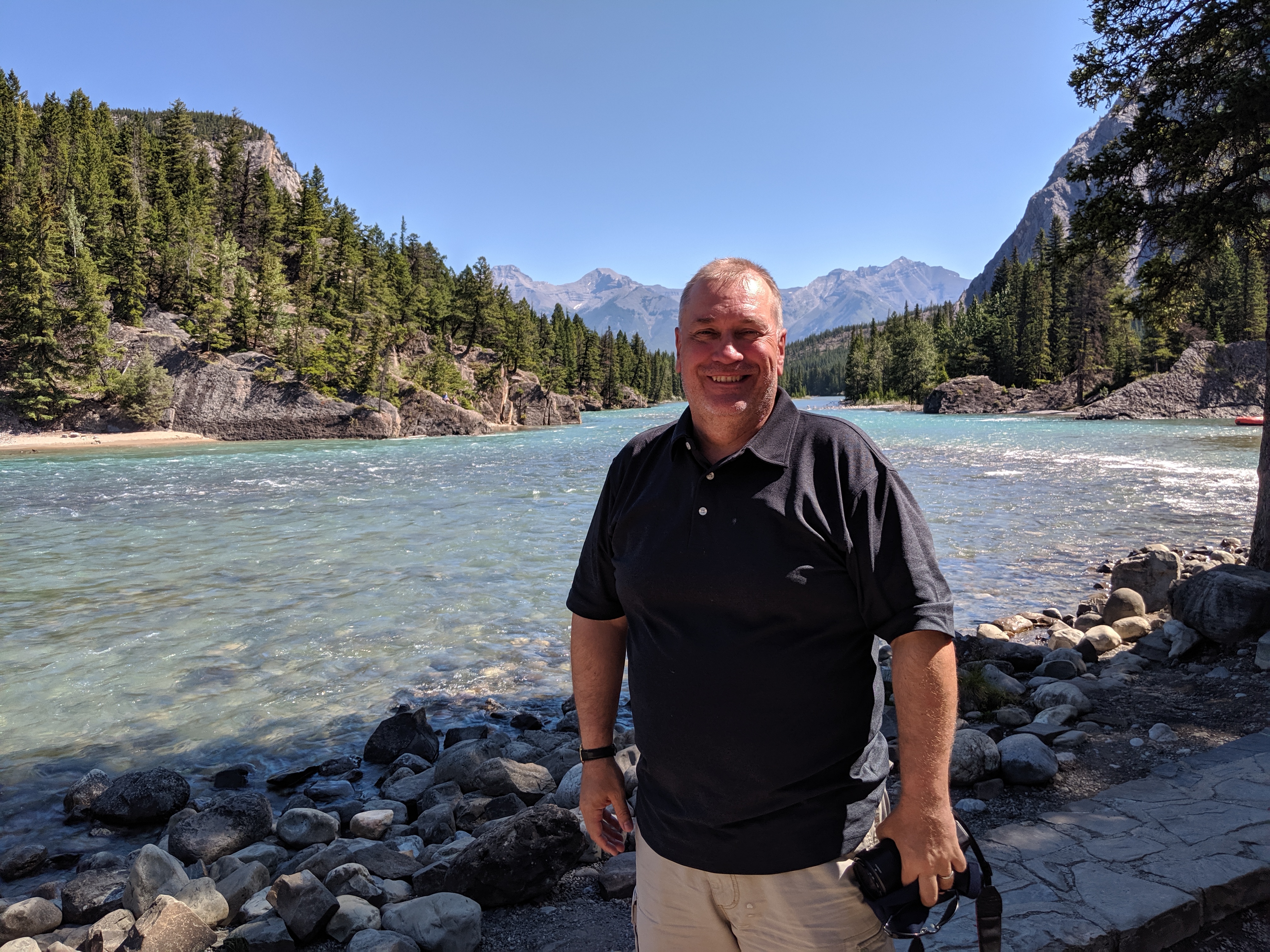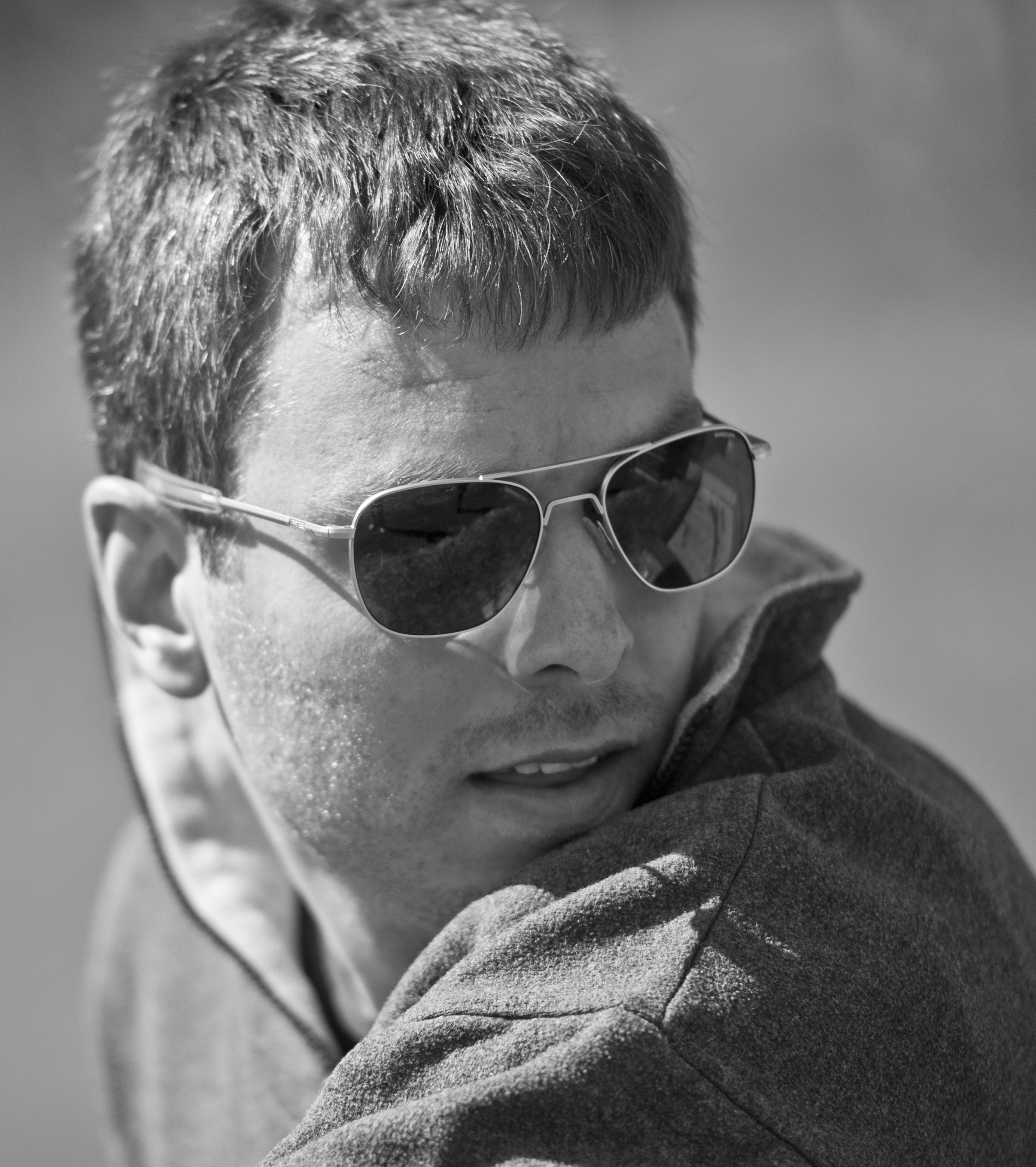![[RSS]](/static/img/feed-icon-14x14.2168a573d0d4.png) Conservancy Blog
Conservancy Blog
Thanks to all of our donors, Conservancy met our match challenge!
by on January 15, 2021
We're pleased to report that with your help we did it! This year's match challenge of $111,029 was the first posed entirely by individuals (and not companies) who care deeply about software freedom. The bulk of this match challenge was provided by one very generous donor who prefers to remain anonymous. Their amount was augmented by six Conservancy Supporters who came together to increase the match even more. Conservancy thanks (in alphabetical order) Jeremy Allison, Kevin P. Fleming, Roan Kattouw, Jim McDonough, Allison Randal and Daniel Vetter.
We also thank every person who donated this season. Whether it was $42, $120, $128, $512 or any other amount, your donation helps us continue our work to fight for software freedom! We can only do this work because you support us. We cannot wait to see everything we can get done together in 2021!
Interview with Matcher and Conservancy Board member Jeremy Allison
by on January 14, 2021

Jeremy Allison. Photo © Jeremy Allison, licensed CC BY-SA 4.0
A generous group of individuals has banded together to increase the amount of our match donation. This post is part of a series of interviews where these extraordinary folks tell us about why they care about software freedom and why they support Conservancy
We asked Jeremy Allison to describe himself for this interview, and he described himself as "a tedious audiophile who torments his friends with esoteric speaker trivia. He also likes to write C code and tries really hard not to put security holes in it. He co-founded the Samba project, whose list of CVE reports shows he is failing at this task. For some odd reason, Google thinks he is worth employing."
Q: How did you first get interested in software freedom?
A: I first got interested when I read the GNU Manifesto, back in the late 1980's. I don't know if was the "Astroid Mining" part that took my fancy, but it seemed like the right thing to do as learned in primary school - "Sharing is good !".
Also I grew up in the UK at a time where there was a great diversity of computing platforms many of which encouraged hacking. There was even a laptop that ran Forth as it's primary language rather than BASIC ! The spirit of wanting to be able to understand and work on the code that runs our lives never left me.
Q: How did you get started with Samba and why did Samba join Conservancy?
A: I was the person who submitted the first patch to Andrew Tridgell's (tridge) project (smbserver) that became Samba. I never looked back after that. I have to be honest, but Samba joined Conservancy because neither tridge or I wanted anything to do with non-technical things, and Conservancy seemed the easiest and lazyist way of getting other people to do these things. I now know that's not true, but it seemed a good idea at the time :-).
You've been on the board of Conservancy for a long time - what's that like?
A: The people who contribute to it are what make Conservancy. I know the projects are great, but the staff and other Board members are *AMAZING* ! It's an education and a privilage working with them. I love helping out and I hope to be able to do so for a long time to come.
Q: Why do you think people should contribute to Conservancy?
A: Conservancy's work has never been more important. More and more computing platforms are moving to locked down, proprietary code (sadly sometimes even based on top of Free Software).
The right to understand, to learn, to tinker and modify the code that runs all of our lives has never been under more risk. Please help conservancy do its vital work of continuing to fight for the freedoms I took for granted in my youth.
If we lose them, we'll all be the poorer for it !
Software Freedom Conservancy is in the final days of its annual fundraiser. Please help us continue our work by becoming a Supporter. Donate now and have your donation matched by a group of generous individuals who care deeply about software freedom.Your donation could push us over the top to meet our goal!
Interview with Matcher Daniel Vetter
by on January 13, 2021

Portrait of Daniel Vetter. Photo © Roland Beck, licensed CC BY-SA 4.0
A generous group of individuals has banded together to increase the amount of our match donation. This post is part of a series of interviews where these extraordinary folks tell us about why they care about software freedom and why they support Conservancy.
Daniel Vetter works on making graphics drivers better on Linux. At first largely by improving the code, nowadays he's focused on doing this by trying to build a better community.
Q: How did you first get interested in software freedom?
A: I've followed Linux for a long time, out of technical curiosity, but never really participated actively. Until the new graphics driver stack didn't work on my laptop, and I tried to fix it up somehow. But what got me hooked wasn't so much the technical challenges, but users being really happy about my patches and them very enthusiastically testing all the broken versions I create since I didn't understand much at all yet. That's when I realized there's a real impact on people, and that impact on people is also what keeps me going more than 10 years later trying to improve our community.
Q: Can you talk a little about why copyleft matters?
A: In the graphics subsystem in the Linux kernel we have strict requirements for the overall driver stack, including all the pieces in userspace, so quite a bit more than what copyleft itself would require. Short term this annoys a lot of people. Long term it's the reason for our success: It's not about preventing free-loading, that's just a small short term benefit, but about preventing fragmentation. I think that having such minimal standards to enforce collaboration, whether it's community rules like the graphics subsystem has or legal enforcement through copyleft, is crucial for the continued success of a community.
Q: Do you have a favorite Conservancy member project?
A: Outreachy, because people matter. And as long as large parts of our world aren't represented in our communities, we're not going to succeed. Plus mentoring interns is just a ton of fun!
Q: Why do you think people should contribute to Conservancy?
A: I'm on the board of the X.org Foundation, which backs all the various projects around the Linux graphics stack. Running the back office of a community is lots of work behind the scenes, and Conservancy is one of the best umbrella organizations we have: Clear focus on the people, professionally run and lots of great peer projects. So besides all the awesome projects, Conservancy itself is a critical piece of infrastructure we have and which needs our support.
Interview with Matcher and Conservancy Board member Allison Randal
by on January 11, 2021

Portrait of Allison Randal. Photo © Piers Cawley, licensed CC BY-SA 2.0
A generous group of individuals has banded together to increase the amount of our match donation. This post is part of a series of interviews where these extraordinary folks tell us about why they care about software freedom and why they support Conservancy.
Allison Randal has had a variety of roles in software freedom, including development, project leadership, strategy, and advocacy. She collaborates in the Debian project, and is currently taking a mid-career break to get a PhD at the University of Cambridge.
Q: How did you first get interested in software freedom?
A: I was working as a linguist in eastern Africa in the 90s, and using free software tools (especially Perl) for language data analysis. From there, I kind of fell backwards into taking a job as a Perl developer, teaching Perl at a local Linux user group, and then joining the Perl project first as a developer and programming language designer, and later as a board member and president of the foundation.
Q: Can you talk a little about why copyleft and copyleft enforcement matters?
A: Copyleft is an important tool in protecting and defending software freedom, and without enforcement that tool would weaken and dull over time.
Q: Do you have a favorite Conservancy member project?
A: It's impossible to pick just one favorite project. The one I use most frequently is git, unsurprisingly. :) I suspect a lot of people who use git every day don't even realize it is a Conservancy member project. Another is coreboot, since my development work in recent years has drifted more and more into open firmware and open hardware. Another is Outreachy, because its approach to diversity and inclusion has helped so many people find their start in software freedom.
Q: You have served on the boards of many important free software related organizations and have somewhat recently joined Conservancy's board. Why did you join Conservancy's board?
A: I've been a supporter of Conservancy for many years, and was always interested to do more. My past experiences as a board member have made that a role where my unique skills and volunteer time can serve Conservancy's mission and member projects.
Q: Why do you think people should contribute to Conservancy?
A:Doing a little good for the world is a great antidote for 2020, and contributing to Conservancy is one great little good you can do quickly and easily.
Next page (older) » « Previous page (newer)
1 2 3 4 5 6 7 8 9 10 11 12 13 14 15 [16] 17 18 19 20 21 22 23 24 25 26 27 28 29 30 31 32 33 34 35 36 37 38 39 40 41 42 43 44 45 46 47 48 49 50 51 52 53 54 55 56 57 58 59 60 61 62 63 64 65 66 67 68
